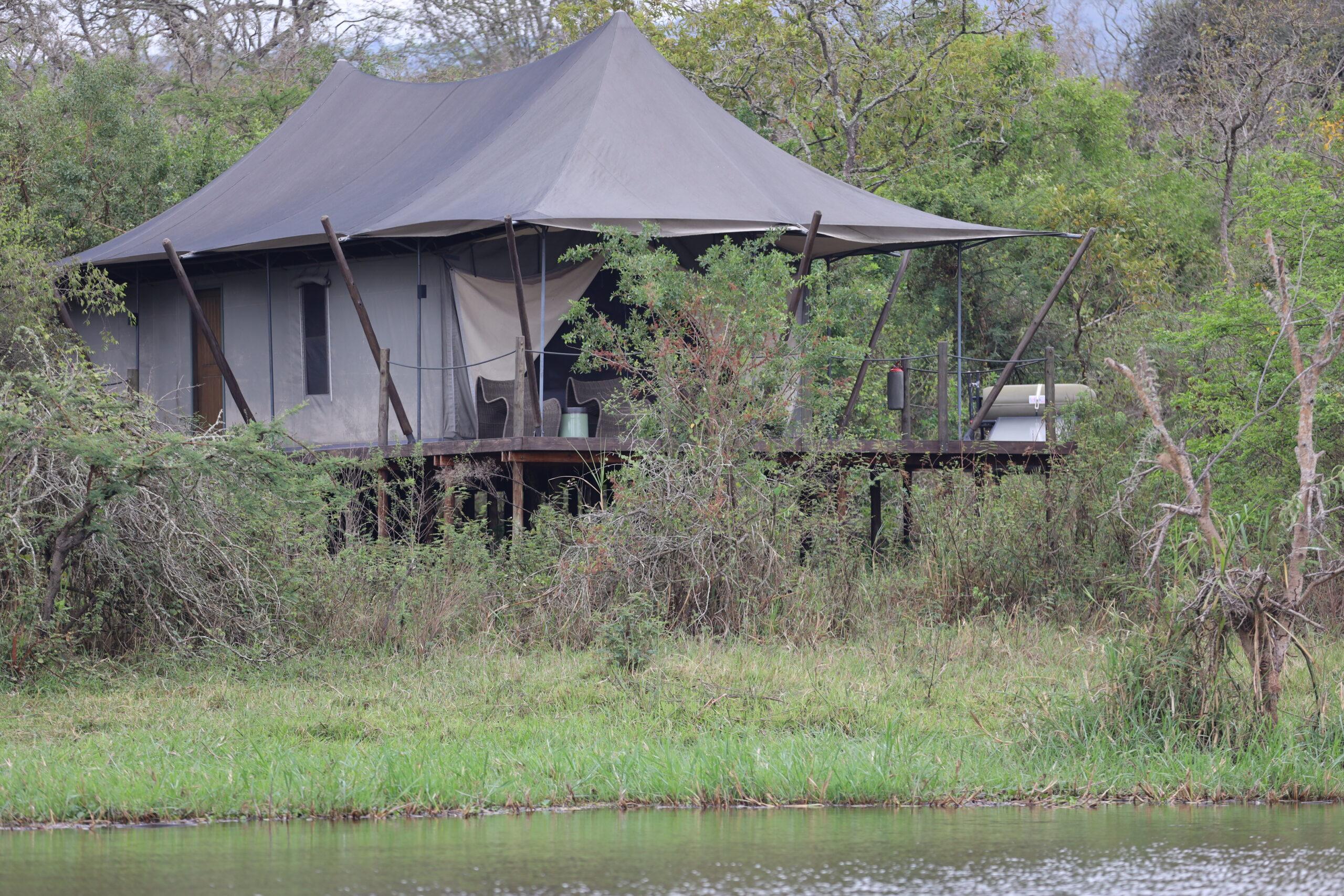Following our recent tips article, Mistakes to avoid when booking Africa, we’d like to take this one step further. Now that you’ve established which country your client would like to visit, it is equally important to choose the right accommodation for them.
So, how do you do that? Here are some thoughts, ideas and considerations to make to ensure your client is getting the best-suited accommodation to make their trip memorable.
Meeting their budget

Certainly, the very first question to ask is what their budget is. This will avoid wasting a lot of time in preparing quotes that could be totally incorrect; either too expensive or cheaper than what was anticipated. Remember, psychologically it is easier to bring the cost down than it is to increase it.
Uninitiated clients may be daunted when they are told that they will be housed in a tent in the African wilds. They have little concept of the difference between a normal camping tent and a luxury tent in a 5-star lodge. Having photos on hand to demonstrate a luxury tent will put your client’s mind at ease, giving them a huge and impressive WOW factor.
In terms of cost and pre-conceived expectations, it is important for your client to understand that most safari lodges operate on a fully inclusive basis which means guests are provided with 3 meals a day as well as game drives, mostly by day and at night, as well as accompanied bush walks. Some also offer a full free bar service including even expensive imported liqueurs. This knowledge immediately overcomes any comparison in costs with hotels.
Based on the fact that the sustainable conservation policies and philosophies of private game lodges are based on operating, by necessity, low-volume, high-priced, exclusive establishments as opposed to high-volume, low-cost crowded operations, guests have to pay for such personalised services. One can compare supermarkets to delicatessens as an example. In most top-end private game lodges the guest-to-staff ratio is about 3:1.
The costs of creating, building and operating upmarket, luxury game lodges in remote African locations are significant and require substantial investment by the owners, often primarily for the love of Africa, and dedication to preserving and saving Africa’s wildlife for future generations, and rarely purely for profit.
In these remote areas every single item, including food and fuel, needs to be either flown in or transported over great distances and rough terrain by vehicle. If a lodge is self-sustainable and “off the grid,” this adds even further costs as lodges need to invest in solar systems with backup generators, and expensive satellite communications systems.
The concept of the ‘4Cs’ sustainability principle, being the inter-dependence of Culture, Commerce, Community and Conservation, is vital to the success of these operations. If one fails, they all fail. The cost to support and perpetuate the 4C’s is substantial.
Accommodate those who are travelling

Another question should be asked who will be travelling? If there are children in the group, it will be important to know whether the lodge has child-friendly activities which will be a significant value-add, giving parents breaks to enjoy and appreciate what the lodge and its environment have to offer, with the kids being safely occupied independently.
A taste of African dining

How important is food for your clients? For example, some lodges are vegan-friendly while a few subscribe to top international standards such as Relais & Chateaux. Well-travelled and well-heeled tourists are very aware of the costs of providing top cuisine in remote locations but are prepared to pay for this indulgence and privilege.
Special interests or requests to enhance the stay

If the clients are avid birdwatchers, it is important to let the lodge know this in advance. There is nothing more frustrating than being in a vehicle with non-birdwatchers who will get irritated when excessive time is spent on what they perceive to be wasted time and vice-versa of course.
If the clients are keen photographers, find out in advance whether the lodge has rangers and guides who specialise in photography and know how to position a vehicle appropriately for the best ‘shot’. Some top lodges even offer the loan of professional cameras and long lenses during their stay. High-quality binoculars are also often provided. Ensure the lodge is aware of this requirement in advance.
Providing upfront dietary requirements and drink preferences will be of great value to both guest and lodge staff. In fact, the more information you can provide about your clients to the lodge in advance of their arrival, the better they will be served and the more impressed they will be. If your clients are elderly or disabled, it is very important to ensure that the room or tent allocated is as close as possible to the main lodge areas.
Using the aforementioned criteria when choosing the perfect lodge or camp for your client, will guarantee a never-to-be-forgotten wildlife experience with positive feedback. For example, using lodges and camps in the Londolozi, Great Plains Conservation, Wilderness Destinations and Royal Zambezi Lodge portfolios will make life far easier for you with guaranteed success, happy clients, referrals and repeat bookings.





